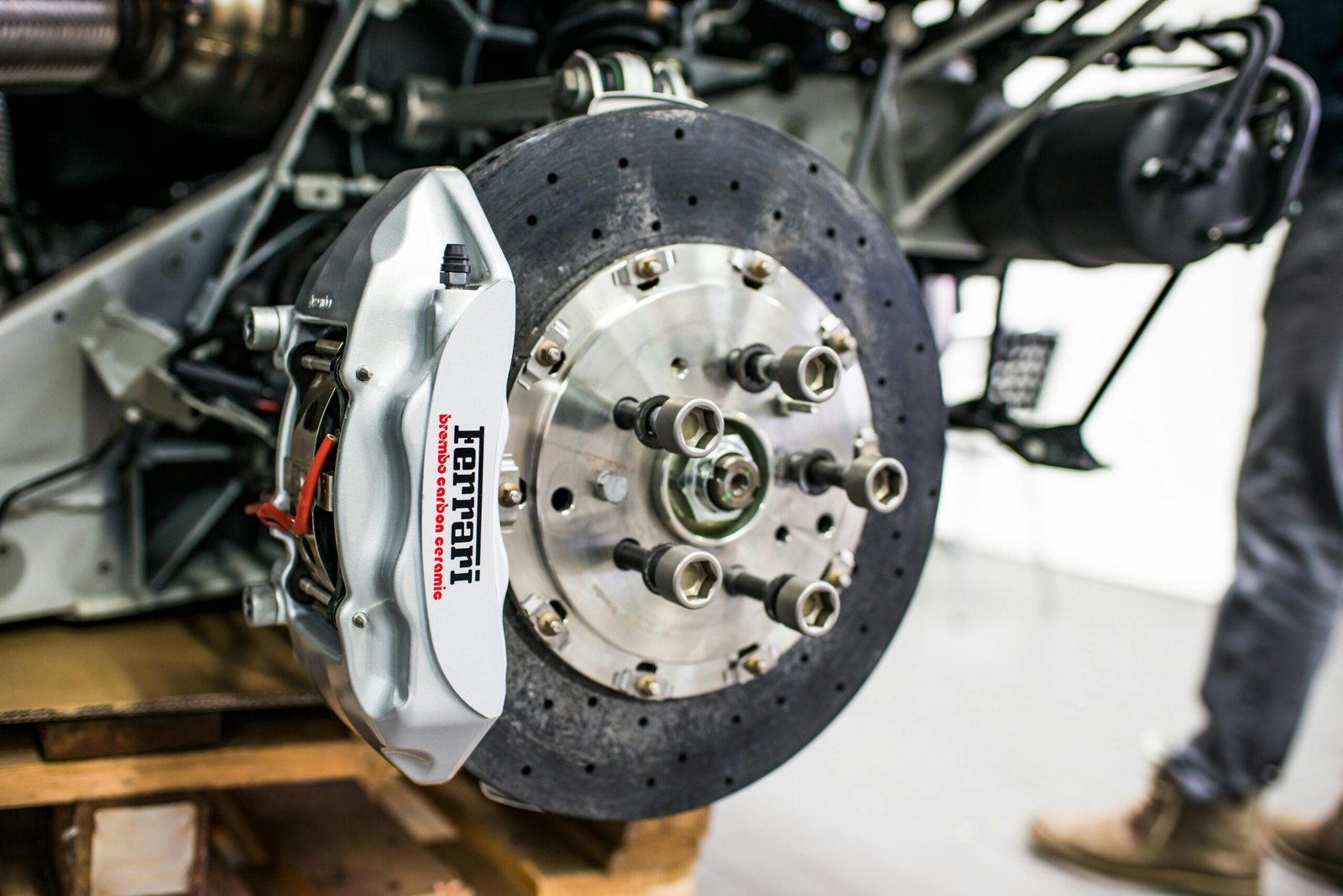Introduction
In the realm of technology, few innovations have been as transformative as wheel technologies. These advancements are not only revolutionizing how we move but also influencing the broader tech landscape. As we progress into an era of smart cities and autonomous vehicles, wheel technologies are at the forefront, shaping the future of mobility. This article will explore how wheel technologies are driving innovation in the tech industry and what this means for the future.
The Evolution of Wheel Technologies
The concept of the wheel dates back thousands of years, but modern wheel technologies have evolved far beyond their basic function. Today, wheels are integral to various technologies, from transportation and robotics to renewable energy systems. The evolution of wheel technologies reflects the broader trends in the tech industry, emphasizing efficiency, sustainability, and innovation.
In the automotive sector, wheel technologies have made significant strides. Modern wheels are designed with advanced materials like carbon fiber and aluminum alloys, making them lighter and more durable. These materials reduce the overall weight of vehicles, leading to better fuel efficiency and performance. Moreover, the advent of electric vehicles (EVs) has further pushed the boundaries of wheel technologies, with companies investing in wheels that can enhance battery life and energy efficiency.
Impact on the Automotive Industry
The automotive industry has been one of the biggest beneficiaries of advancements in wheel technologies. As the industry shifts towards electric and autonomous vehicles, wheels have become more than just components—they are now crucial to vehicle performance and sustainability. For example, many EV manufacturers are developing wheels with low rolling resistance, which reduces energy consumption and extends battery range.
Moreover, wheel technologies are playing a pivotal role in enhancing the safety of autonomous vehicles. Advanced sensor technologies embedded in wheels can detect road conditions, providing real-time data to the vehicle’s control systems. This not only improves the vehicle’s performance but also ensures safer journeys for passengers.
Wheel Technologies in Robotics
Wheel technologies are also making significant contributions to the field of robotics. In robotics, wheels are essential for mobility and maneuverability. Advanced wheel designs enable robots to navigate complex terrains, making them more versatile and capable of performing a wide range of tasks.
In industrial robotics, for instance, omnidirectional wheels allow robots to move seamlessly in any direction, improving their efficiency in manufacturing processes. These wheels are designed to rotate independently, giving robots the agility needed to operate in tight spaces. As robotics continues to advance, wheel technologies will remain a critical component, driving innovation in this rapidly growing field.
Sustainability and Wheel Technologies
Sustainability is a major focus in today’s tech industry, and wheel technologies are no exception. Innovations in wheel design are contributing to a more sustainable future by reducing energy consumption and minimizing environmental impact. For example, the development of airless tires, which are resistant to punctures and require less maintenance, is reducing waste in the automotive industry.
Furthermore, the use of recyclable materials in wheel manufacturing is gaining traction. Companies are increasingly exploring ways to make wheels that are not only durable but also environmentally friendly. These sustainable practices are helping to reduce the carbon footprint of vehicles and other technologies that rely on wheels.
The Future of Wheel Technologies
Looking ahead, the future of wheel technologies is poised to be even more transformative. With the rise of smart cities and connected vehicles, wheels are expected to become more intelligent, capable of communicating with other systems to optimize performance and safety. For instance, wheels equipped with IoT sensors could provide data on tire pressure, temperature, and road conditions, enabling predictive maintenance and reducing the likelihood of accidents.
In addition, the integration of wheel technologies with renewable energy systems presents exciting possibilities. For example, wheels on electric bikes and scooters could be equipped with regenerative braking systems that convert kinetic energy into electricity, further enhancing energy efficiency.
Conclusion
Wheel technologies are at the heart of some of the most exciting developments in the tech industry today. From revolutionizing transportation and robotics to contributing to sustainability efforts, these advancements are shaping the future in profound ways. As we continue to innovate and push the boundaries of what’s possible, wheel technologies will remain a key driver of change, powering the next generation of technological advancements. Whether in the automotive industry, robotics, or beyond, the impact of wheel technologies will be felt for years to come, making our world more efficient, sustainable, and connected.









